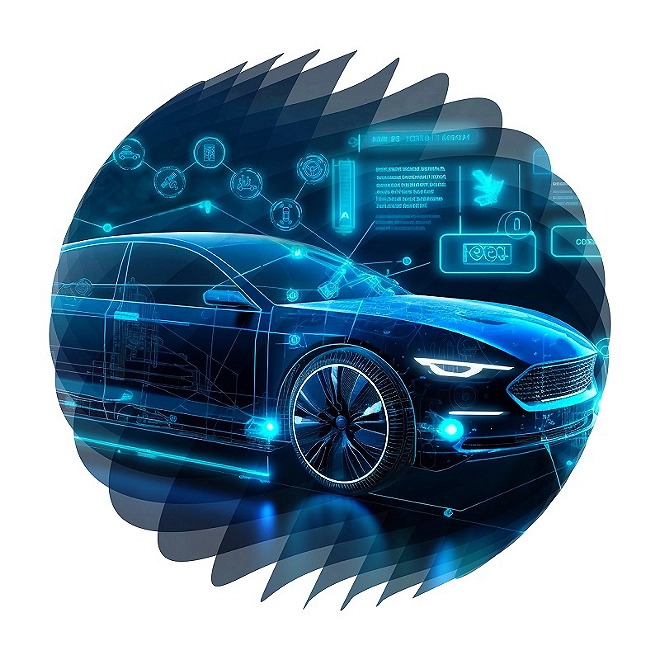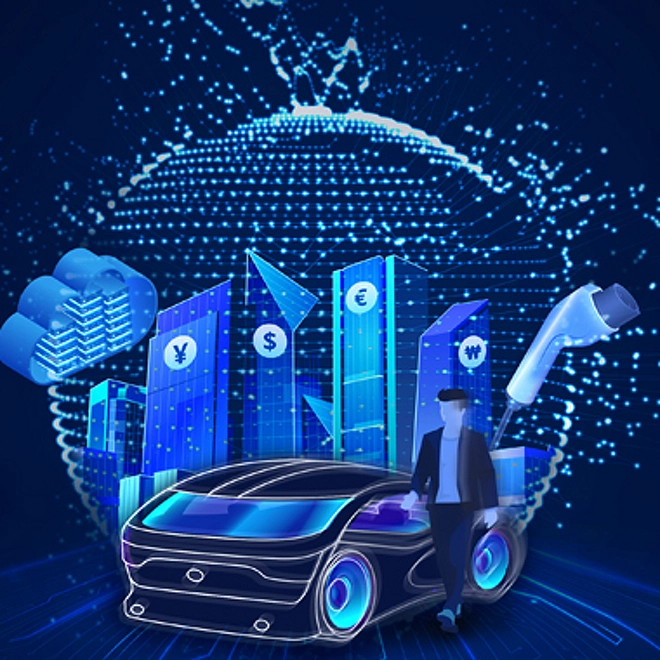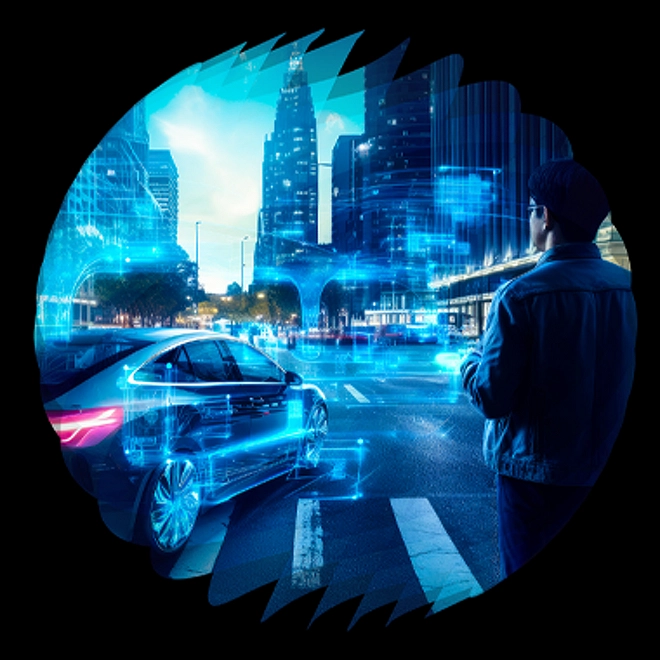Mobility-as-a-Service
Navigating the future of urban mobility
Mobility-as-a-Service (MaaS) is a concept that links various mobility services under a unified interface, presenting transformative possibilities in terms of mobility behaviour and environmental benefits. It has has attracted significant attention especially for urban areas, as it provides a one-stop access to mobility services for consumers.
It is also evident that an increasing number of urban dwellers, are demanding more MaaS solutions to meet their mobility needs. Consequently, the MaaS market and associated profit opportunities are poised for continued growth in the upcoming year, drawing the attention of capital markets. It is now time to define one´s strategy to avoid missing the boat. The MaaS-NLP (Natural Language Processing (NLP) data set and blueprint serve as valuable resources for understanding the current MaaS landscape and its future trajectory. They offer a foundational steppingstone for further inquiries and discussions in this fast-paced, ever-changing field, while also acting as a roadmap for the next generation of MaaS providers.
In this comprehensive analysis, we examine the global landscape of existing MaaS solutions. It incorporates an NLP methodology to identify essential constructs within MaaS ecosystems, such as the overarching value proposition, the technical platform, value drivers, and governance mechanisms. Furthermore, we delve into the specifics of the operating model of actors, relationships, and governance mechanisms to outline a preliminary blueprint for a profitable MaaS solution of the future. It is important to acknowledge that there is no one-size-fits-all solution to address the multifaceted challenges within MaaS ecosystems.
The collaboration behind this analysis was led by a German-Portuguese team from Deloitte, active in the public and automotive sectors, specializing in digital mobility solutions, and working closely with automotive clients and their captive financing/mobility departments. The team was supported by researchers from the Chair of International Automotive Management at the University of Duisburg-Essen, focusing on ecosystems, among others on MaaS ecosystems together with local authorities, automotive OEMs, and suppliers.





